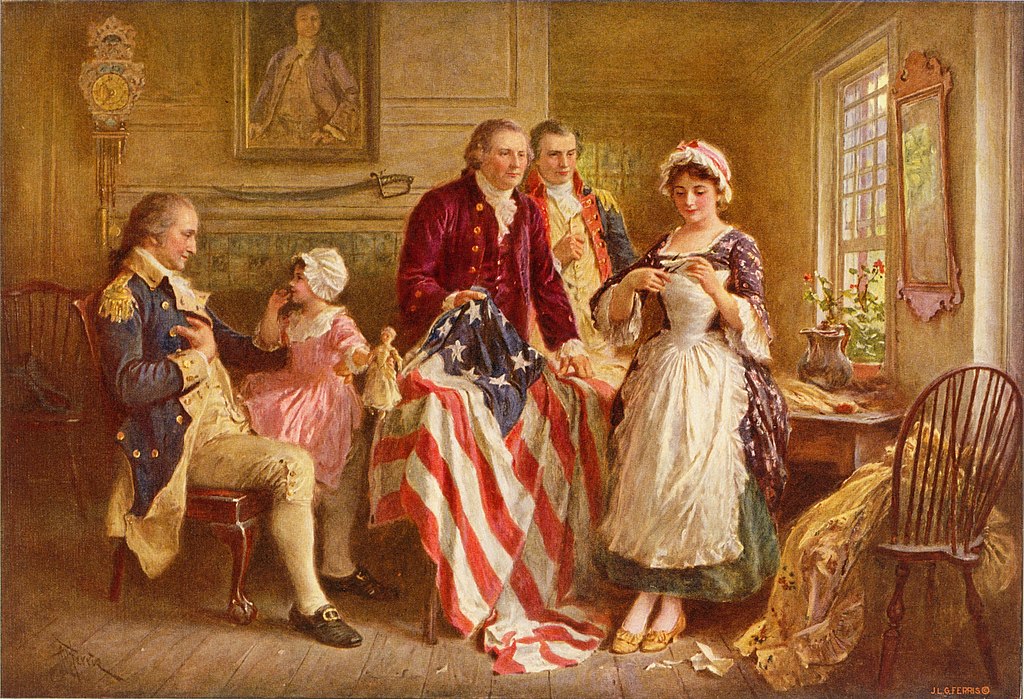January 2011

In September 1898, Winston Churchill took part in the last true cavalry charge in history. It was at the Battle of Omdurman, in the Sudan. The 23-year-old went to the Sudan as both a soldier and a war correspondent, and after he returned home, the man who would lead Britain through World War II wrote the first of his many large-scale historical works, The River War: An Account of the Reconquest of the Sudan. In this narrative of a struggle between radical Islamic fanatics and the European infidels they wanted out of their land, he described the Muslim cause in words that still speak to us today (if with what can seem now an extreme nineteenth-century cultural severity).
ABOUT AS MANY AMERICANS WERE KILLED IN THE TERRORIST attacks of September 11 as at Lexington and Concord, at the Alamo, at Fort Sumter, on the Lusitania, and at Pearl Harbor combined, all of which precipitated Americans’ entry into major wars. Where else can we turn but to history to make sense of such carnage? Yet many facile comparisons that are being made with the past are fraught with error. They tell more of our own popular perceptions of culture than of the real lessons of history, and they misinform us about every element of the situation, from its underlying politics to the nature of the terrorism involved, the proper role of the military in our nation’s survival, the broader cultural context, and the true philosophy of war itself.
I. POLITICS
Park City lies just 31 miles from Salt Lake City, so it is easy to get to within a day from anywhere in the country. The ski season begins in late November and lasts until mid-April. It offers countless lodging and dining choices, mainly at resort prices. The finest places to stay include the chateau-style Goldener Hirsch Inn (800-252-3373) and the Scandinavian-themed Stein Eriksen Lodge (800-453-1302), both on the mountain at Deer Valley Resort (800-424-DEER; www.deervalley.com ). In town, the Washington School Inn (800-824-1672) fills an 1889 limestone schoolhouse with thoroughly up-to-date rooms. Most of the best restaurants, including Zoom Roadhouse Grill (435-649-9108), are along Main Street.
Americans may have been caught unawares by events of the last few months, but not because filmmakers hadn’t done their best to prepare them. Most films that feature terrorists are irresponsible action movies, which have needed a new source of villainy ever since the Nazis got old and the Communists stepped down ( Black Sunday , for example). But several excellent, easily available films treat the issues and audience—and the subject—with a modicum of respect. Here are four of the best:
If you’re like most American Heritage readers, you harbor a desire to have witnessed certain events in history—an important discovery, maybe, or a decisive battle. Until time-machine technology comes along, Firaxis Games will do you one better, and for only $39.99. With Civilization III, an update of a popular computer game introduced in 1990, you don’t just relive history, you make your own. A far cry from the frenzied shoot-’em-up bloodbaths that populate most game shelves, Civilization is an involved contest of economic and political strategy that develops over hours or days, like chess as imagined by Adam Smith. You act as the founder of a civilization—half-leader, half-god, similar to an emperor of Rome but with more power. Even Augustus didn’t get to decide what percentage of his planet’s terrain would be covered with water.
